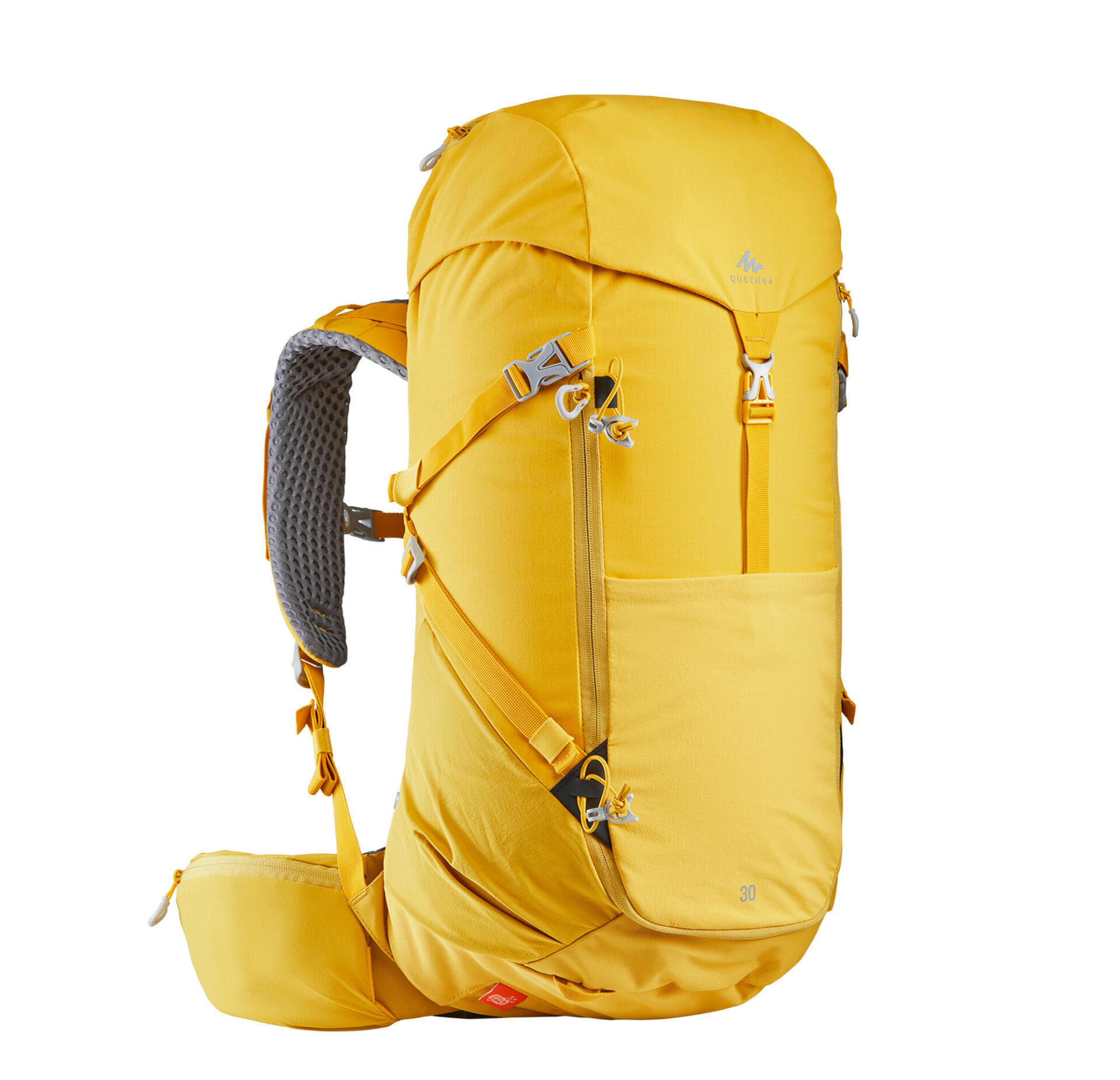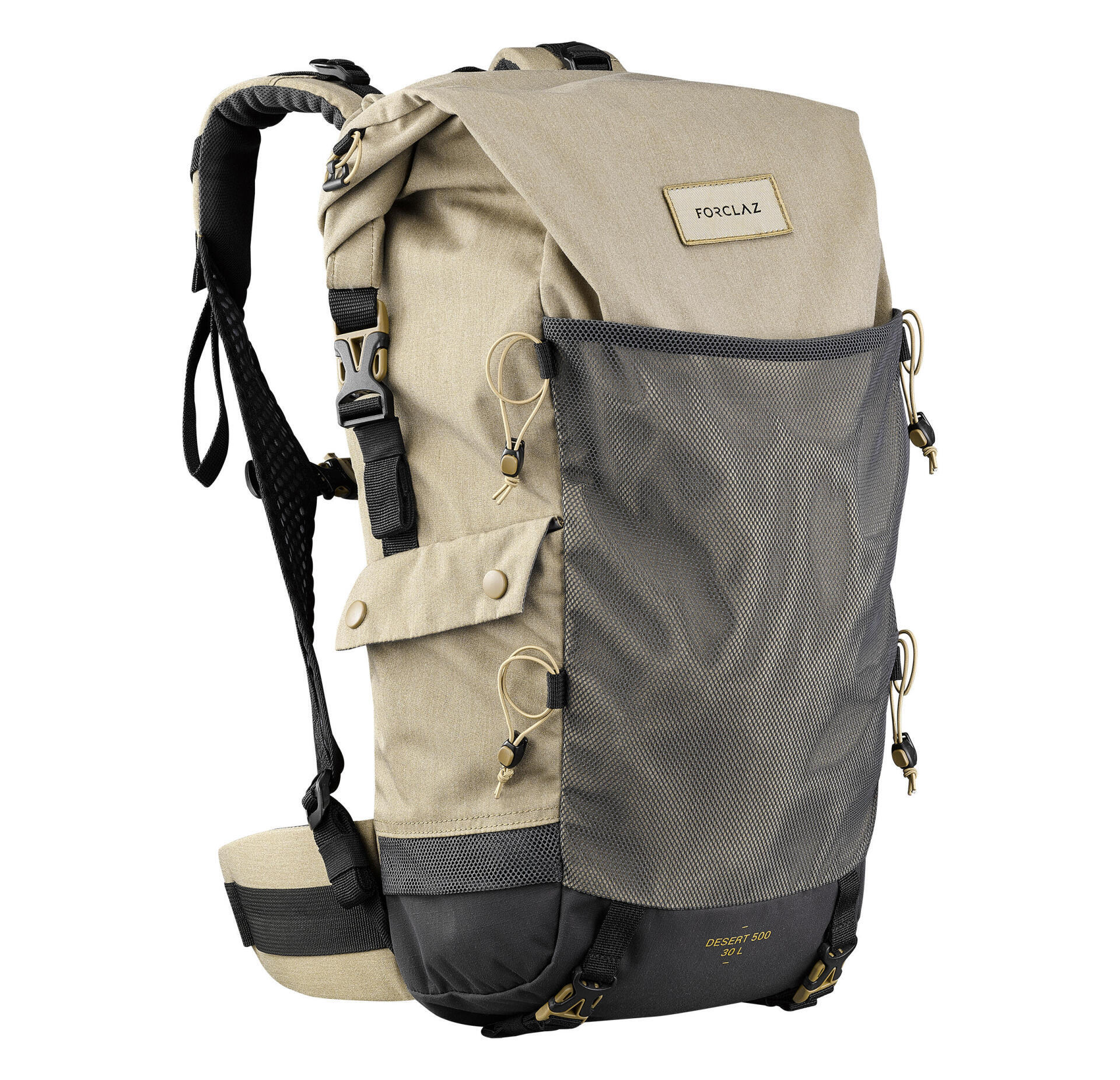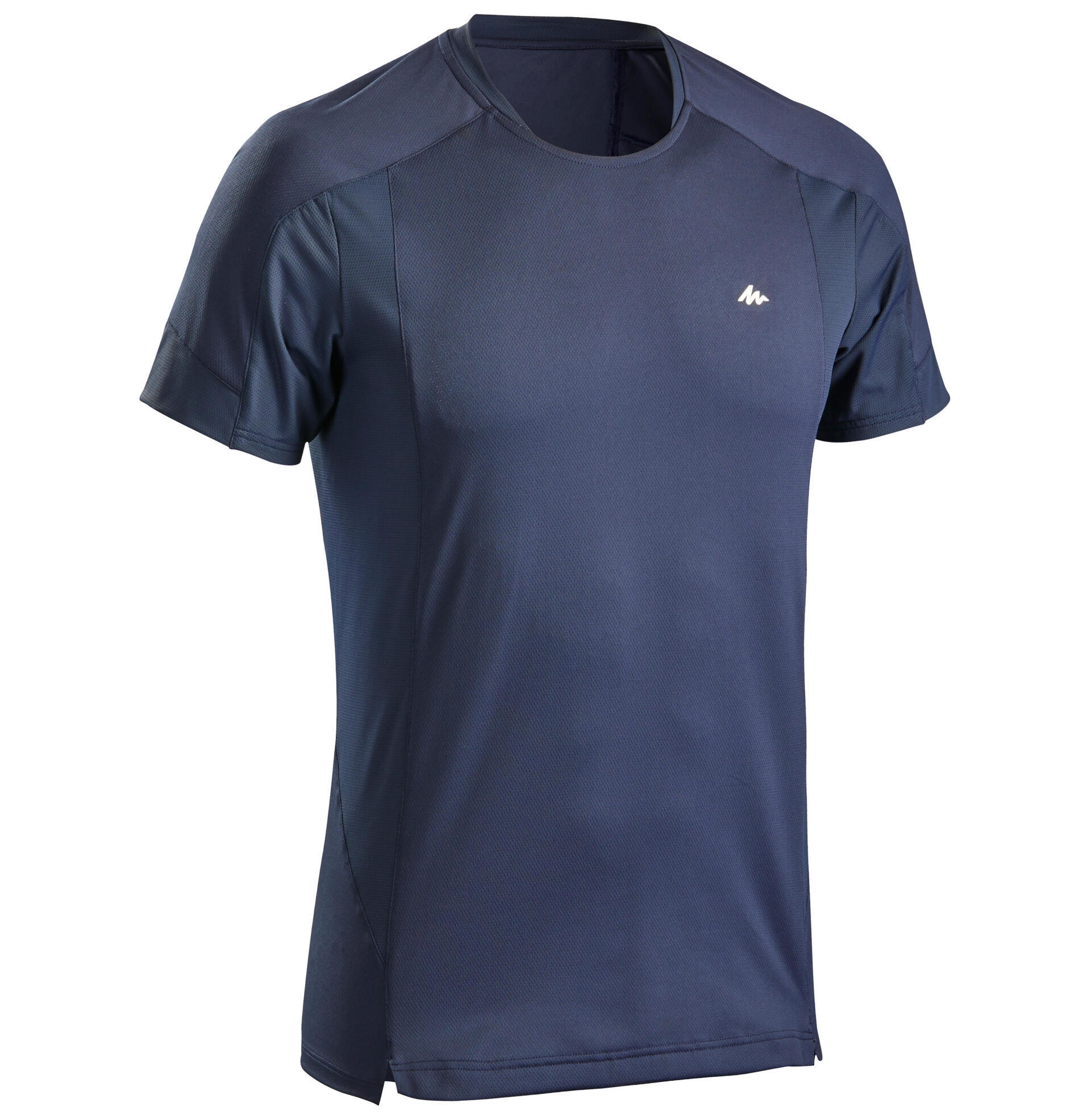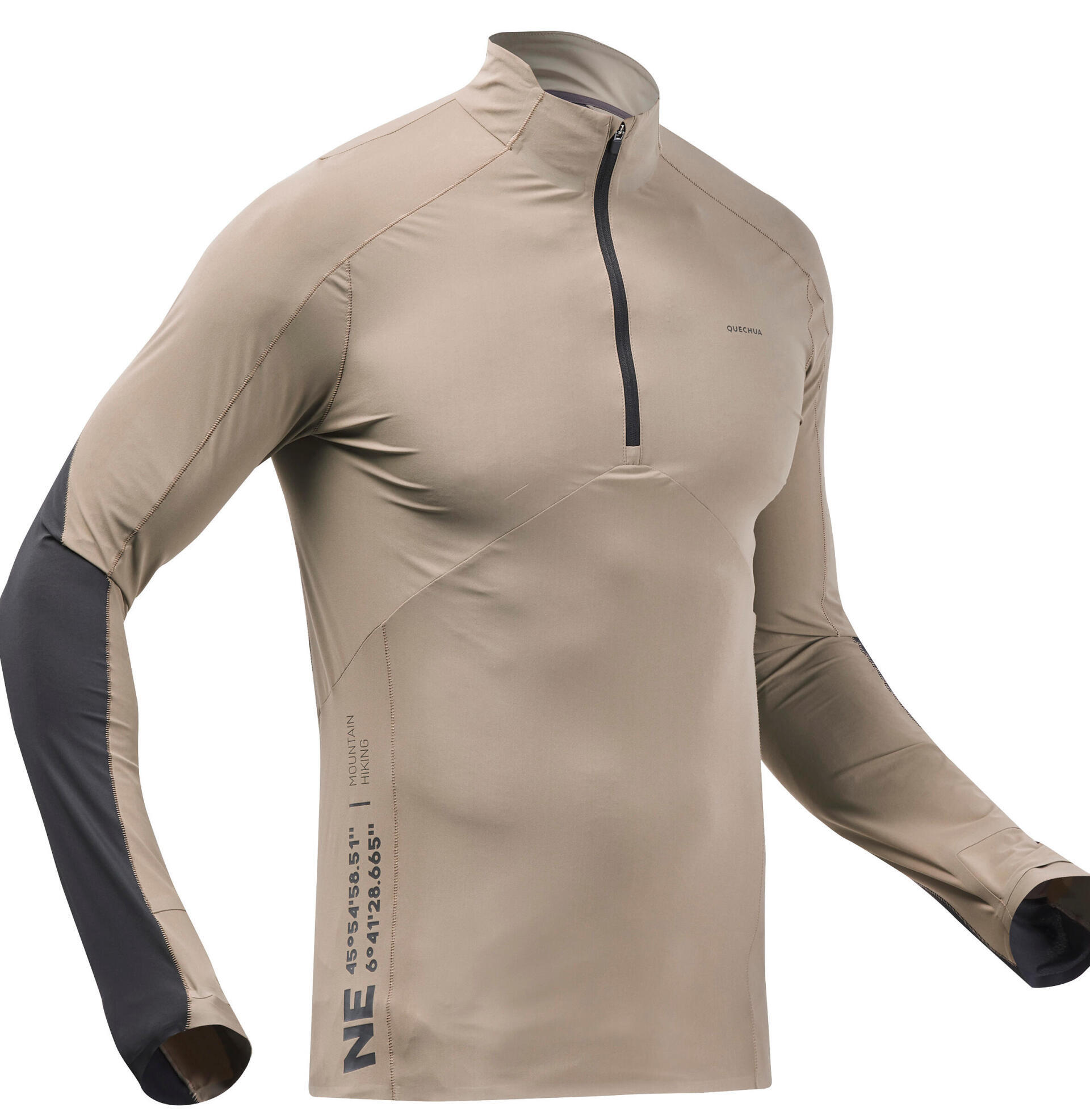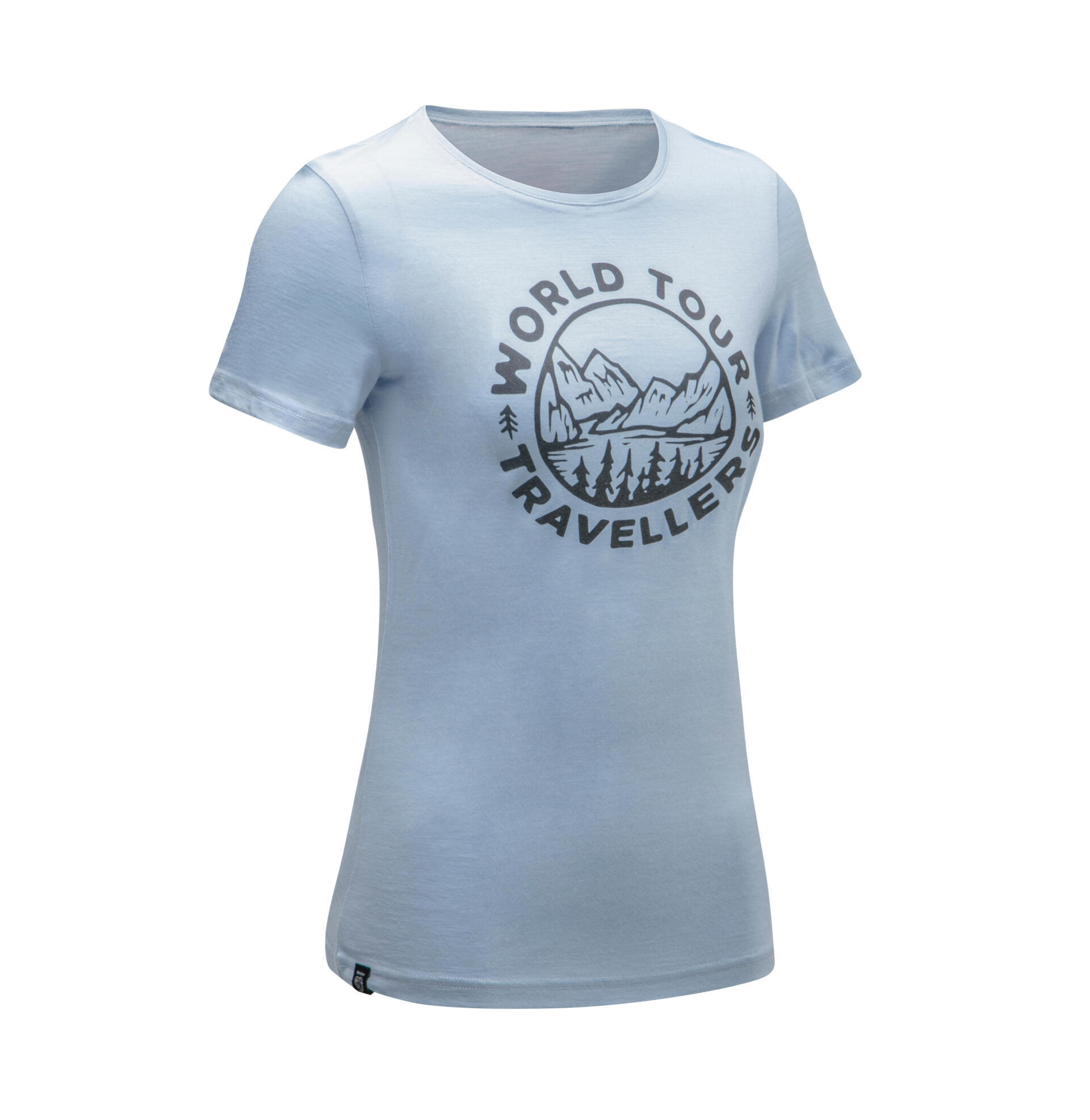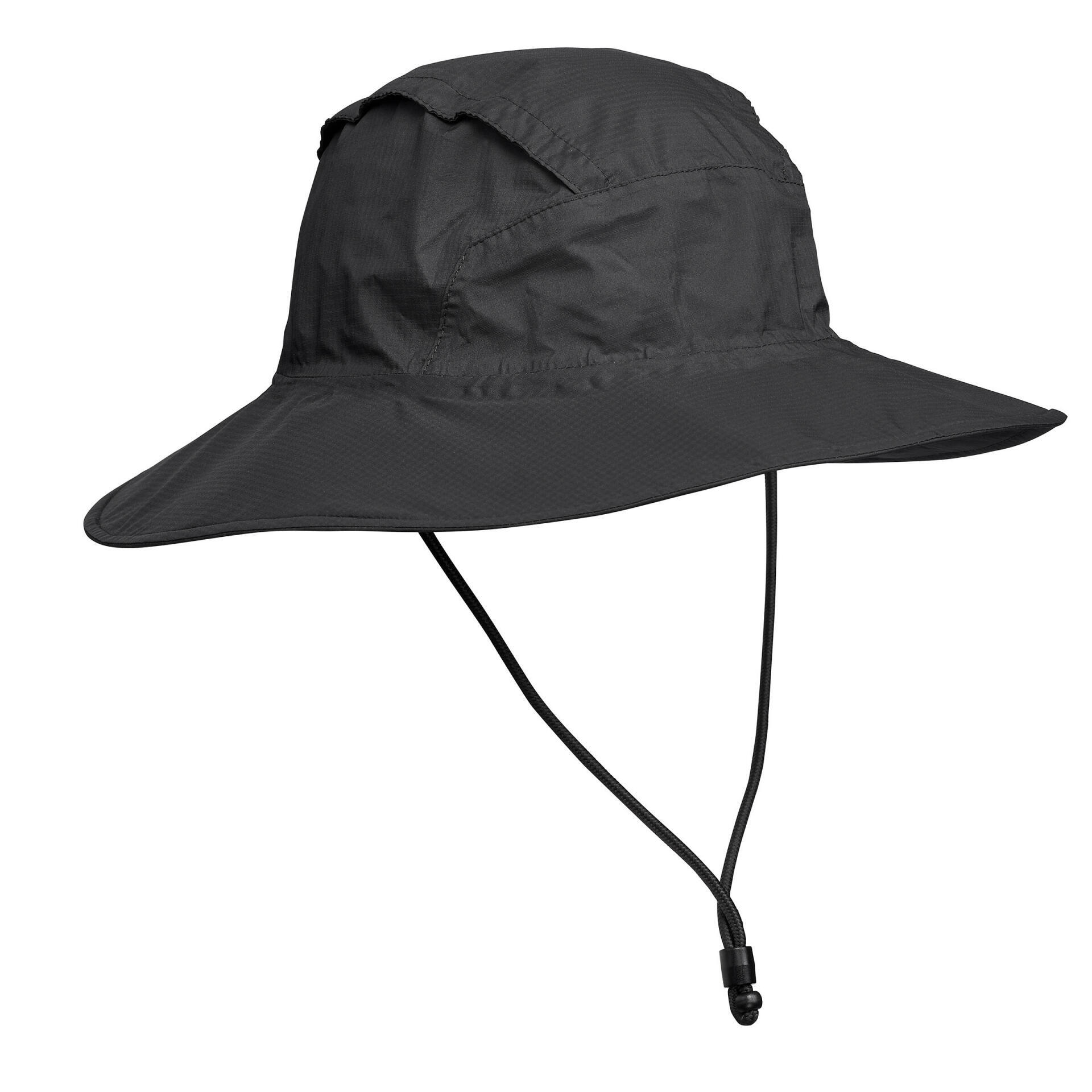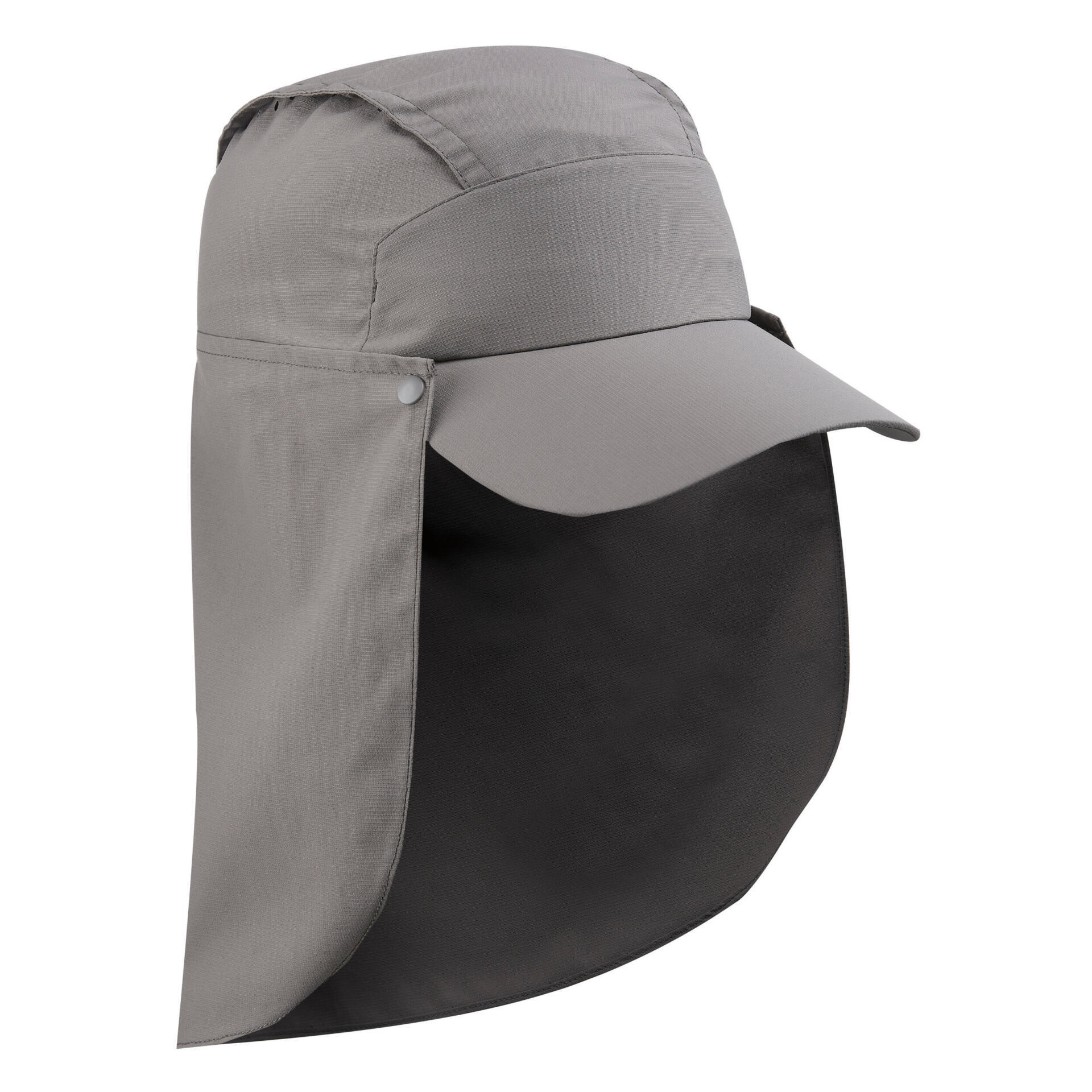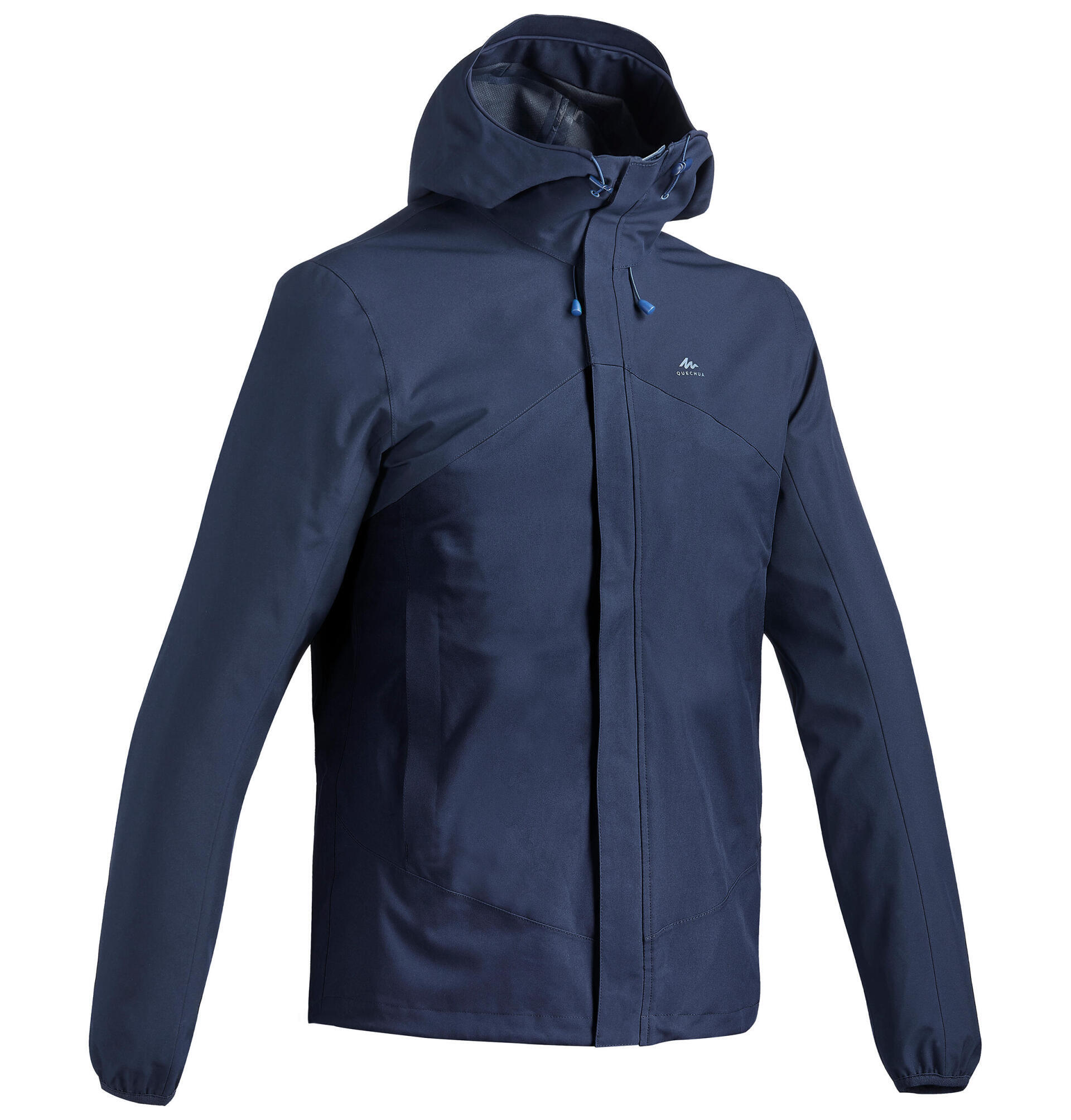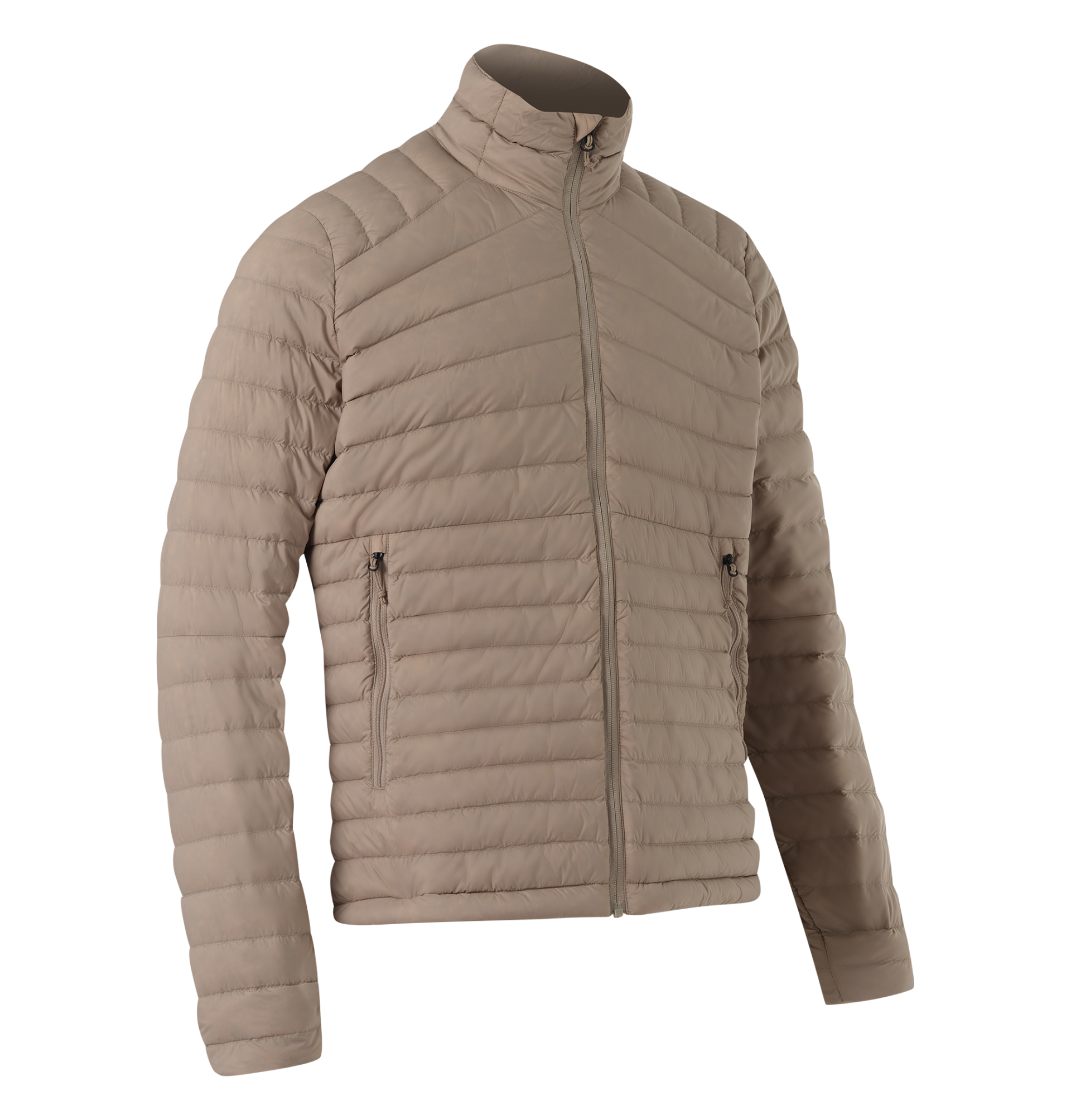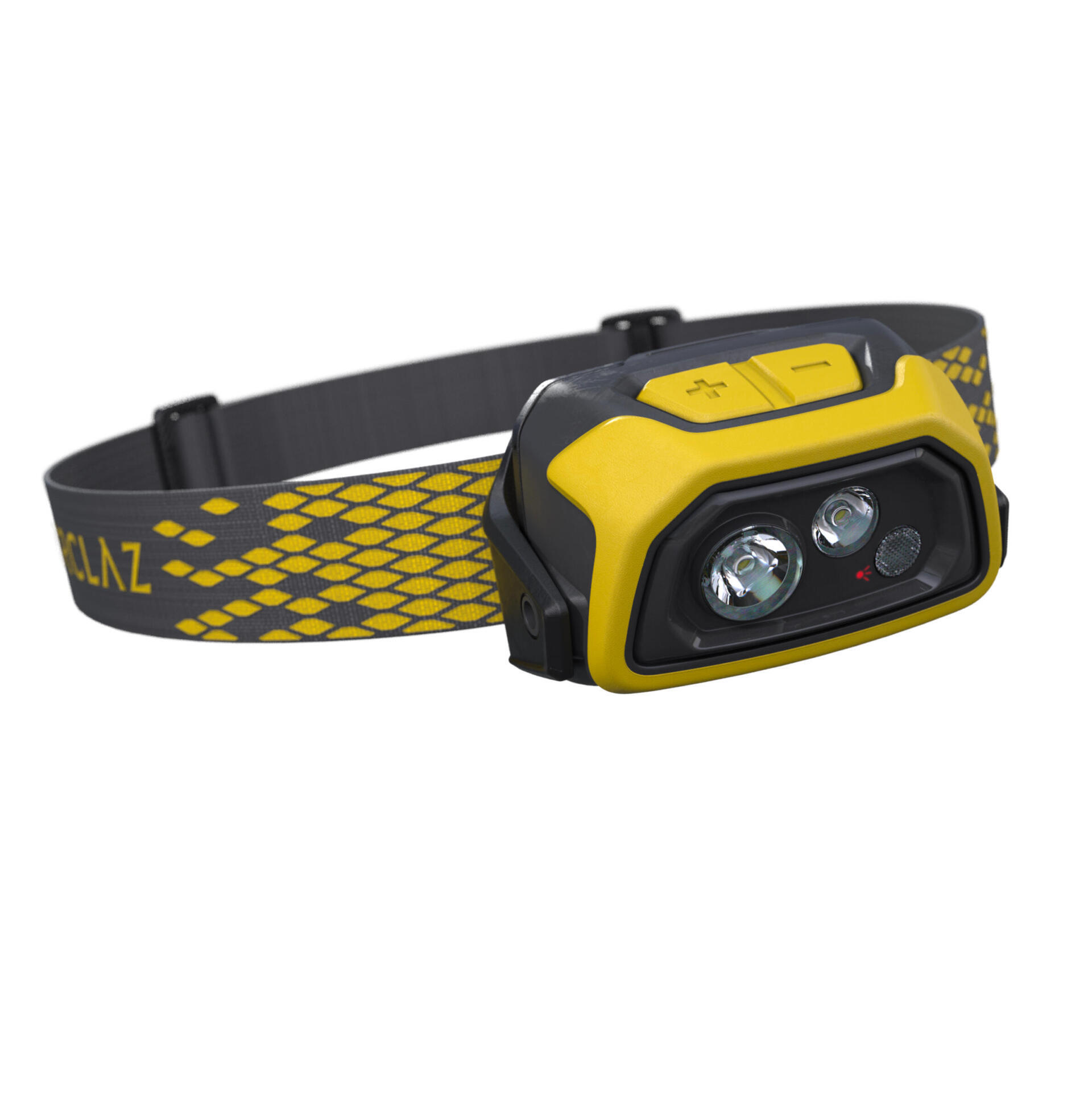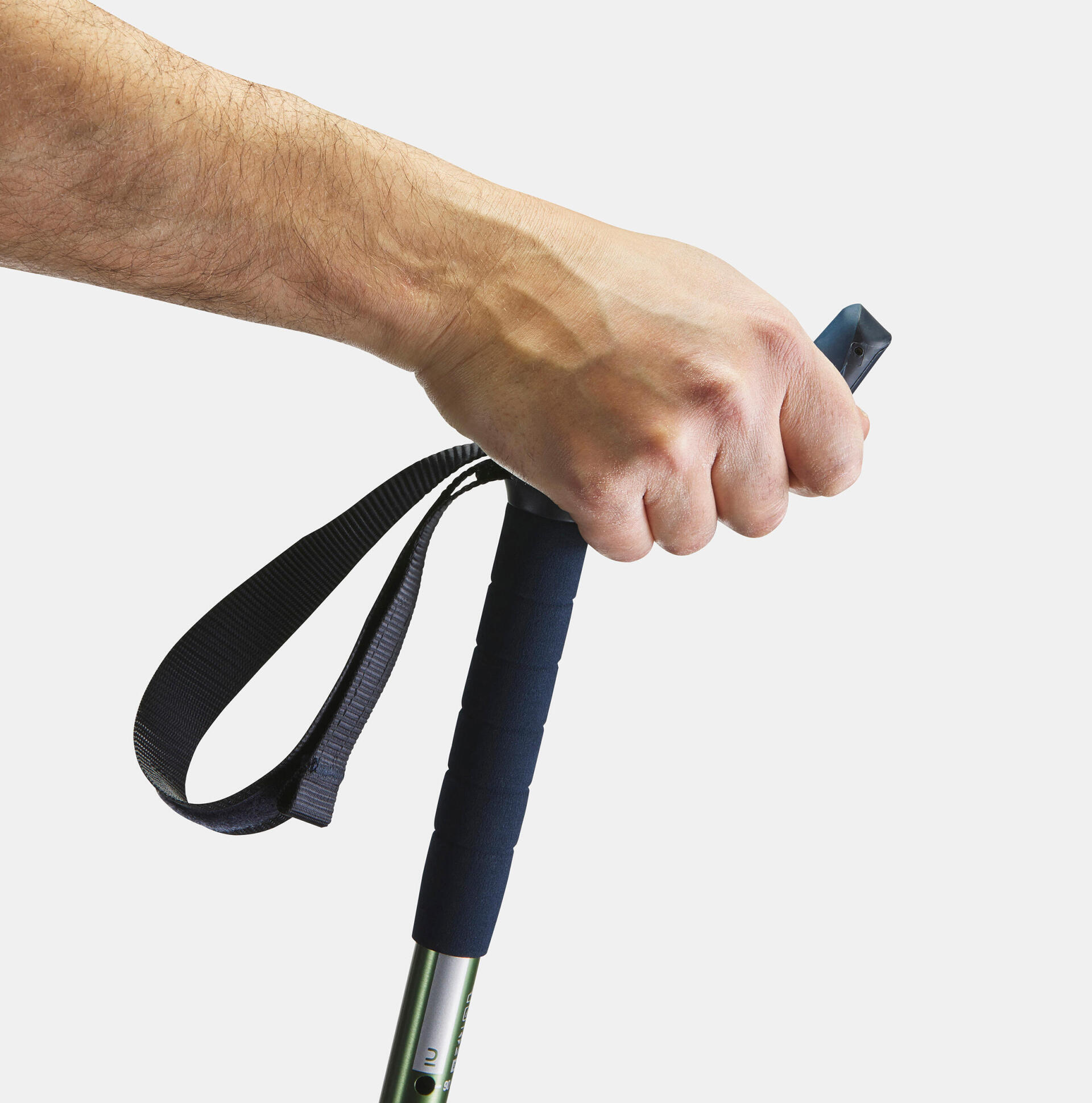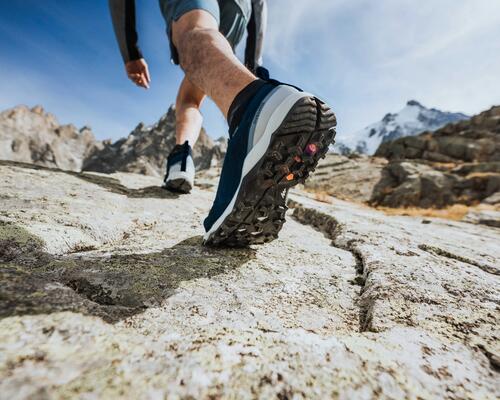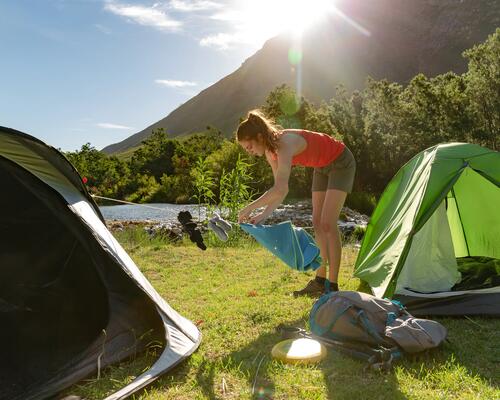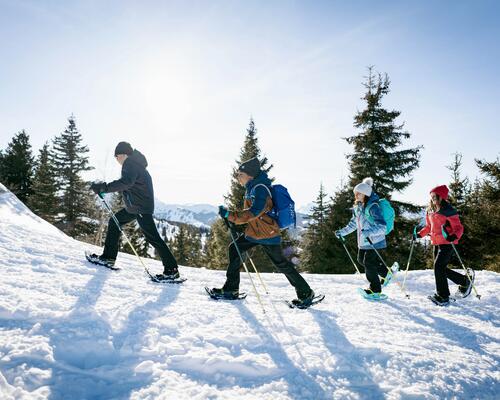The season of climbing mt. fuji is in summer - April is the right time to start planning
Usually between mid-July and early September, depending on the weather conditions . During this period, most of the facilities on the mountain remained open: for example, guest houses, souvenir shops, first aid stations or public transportation to the trail head..
Other than the climbing season mentioned above, only those who hold a mountaineering permit are allowed to climb. Winter climbing is even more difficult. Low temperature and snow make the climb becomes more danger. Thus, only professional climbers can climb. If you want to hike Mt. Fuji, it is more suitable to do it in summer.


